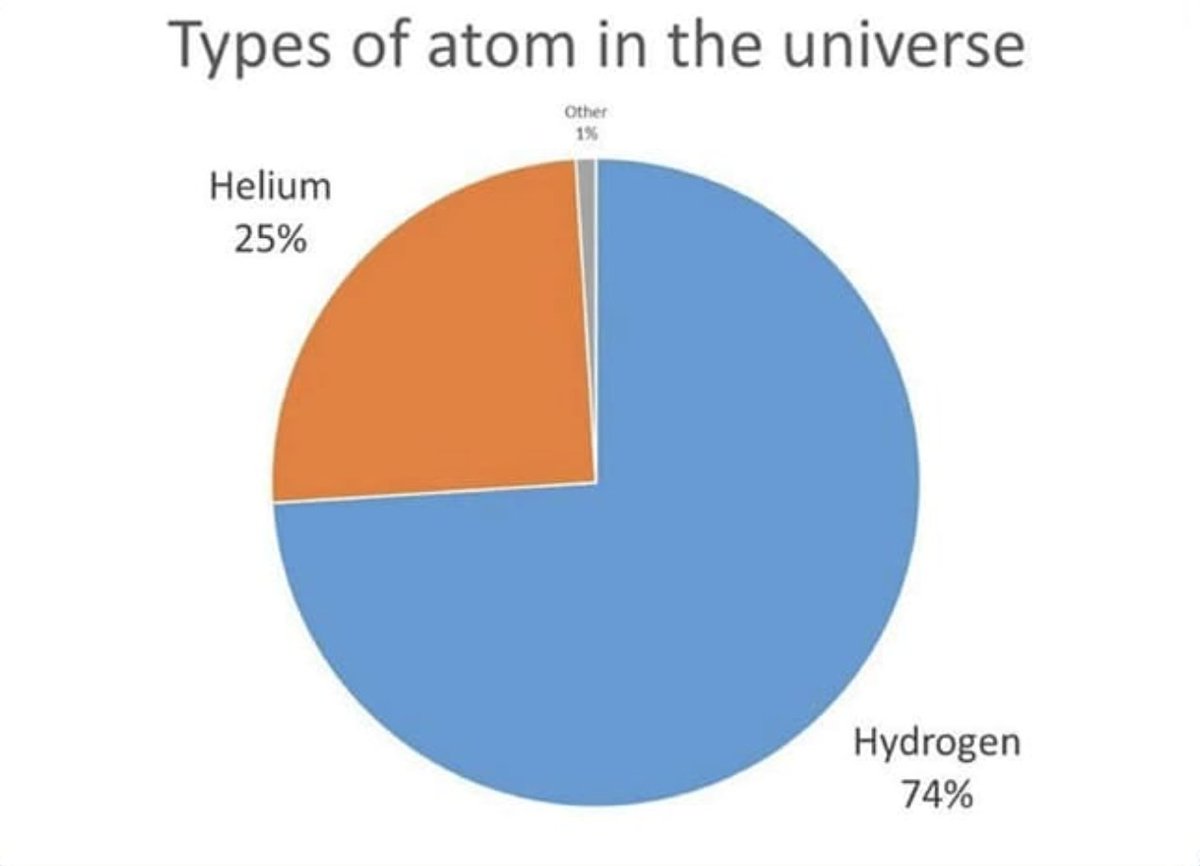
Two weeks ago, the NY Times asked to interview me regarding Elon and free speech, saying (among other things) that she believed that thus far, no one has been able to succinctly and convincingly offer a strong counter point to Elon's position for society to consider.
I was pretty busy at the time and so couldn't do a zoom interview and agreed to do it over email, but that I would first send her my argument against Elon's owning Twitter, and if it was something the NYT was willing to publish unedited, then I could do the interview.
This is what I sent her:
"Here is my best argument (which I think works for people on left and right) against Elon's ownership of Twitter:
Were Elon to take over Twitter, it would result in the private ownership of yet another major and influential media outlet by a member of the 1%. But why would that be bad?
The best example of how this is harmful to America is the New York Times, owned and controlled by multi-millionaire Arthur G. Sulzberger Jr., the fifth-generation male heir of his family to own and control the paper.
The Times is decried across the political spectrum for selectively publishing news and opinions supporting (depending on who you're asking) a neo-liberal, white supremacist, and/or patriarchal status quo.
It gives little space to views that would threaten the entrenched system enabling such dynastic control of one of America's leading newspapers, a control wielded for over a century exclusively by eldest sons of the same wealthy family.
It certainly never hosts content substantively critical of itself or its ownership, a fact that cannot be said of Twitter.
So, if one considers such control of a leading media institution like the New York Times to be healthy for society, then it's probably fine for Elon Musk and his heirs (of five generations hence) to own Twitter.
His altruistic contributions to enabling leaps in sustainable transport and space exploration likely indicate that he is as noble and trustworthy a man as the publisher of the New York Times."
We didn't end up doing the interview.
• • •
Missing some Tweet in this thread? You can try to
force a refresh




